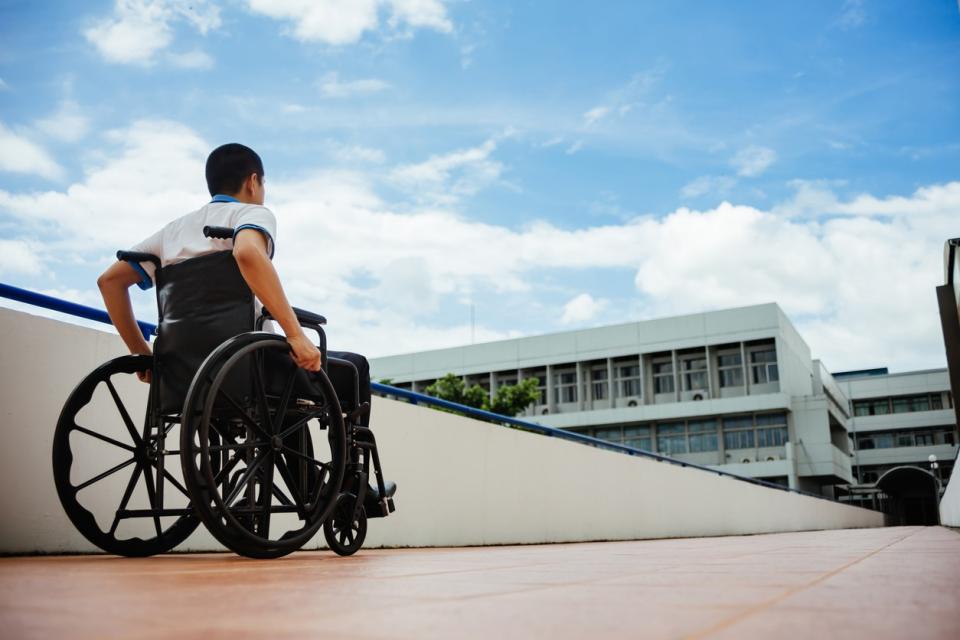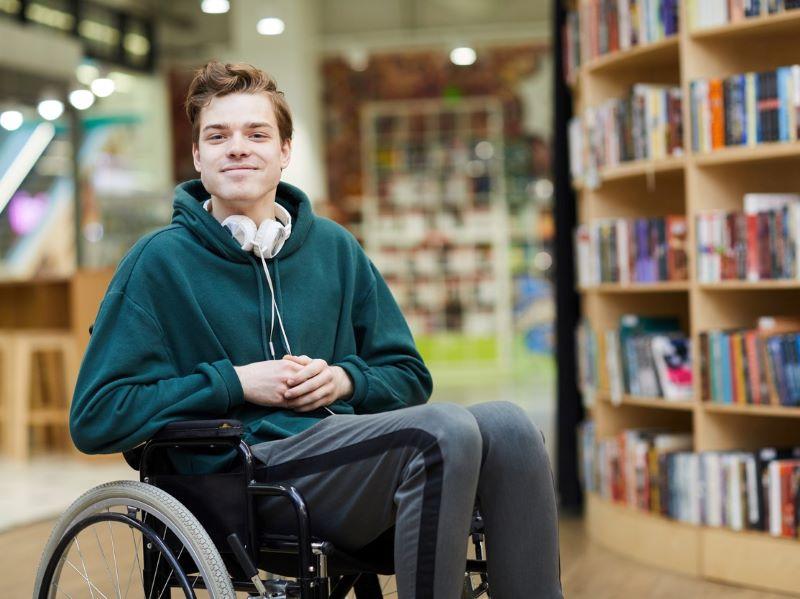Disabled academics are under-represented, with just 6 per cent of UK academics declaring a disability, according to the Higher Education Statistics Agency. Disabled staff report many barriers that contribute to this reluctance to disclose. It can be extremely challenging to navigate the recruitment process as a disabled academic because of a lack of institutional understanding around disability support. Anyone can become disabled – and addressing inclusion is an intersectional issue. Ensuring that the recruitment process for academics with disabilities is fit for purpose is therefore very important. We have identified 10 ways to improve the disabled academic recruitment experience.
1. Examine your preconceptions before recruiting
Everyone has unconscious bias. It explains the associations that we make without consciously thinking. Unconscious bias can affect our attitudes, behaviour and decision-making in the workplace – and can lead to inequality. To avoid unconscious bias, recruiters should examine their preconceptions before designing any new role. There are many ways to design disability-friendly academic roles, for example, by highlighting flexible working within the job description.
2. Design a disability-friendly person specification – and stick to it
The halo effect is a form of affinity bias. This generates risks that we will self-select similar academics to ourselves because we unconsciously see them more positively, instead of embracing diversity. One way to counter the halo effect is using an inclusive person specification. There are many ways to design disability-friendly academic roles, for example highlighting flexible working and using inclusive rather than discriminatory language in the job description. The person specification also helps assess a candidate on their individual merit rather than against other applicants.
- A checklist for making disability inclusion a reality in higher education
- Mentoring and teaching women with disabilities in universities
- Where are the leaders with a disability in higher education?
3. Embrace guaranteed interview schemes
The UK Government’s Disability Confident scheme should offer recruitment equality. However employers are not legally required to meet their commitment to offer disabled people an interview – even when applicants meet the essential criteria. In fact, we have heard of such schemes being used as a means of screening out disabled applicants altogether, resulting in disabled applicants being anxious about disclosure. These schemes are often not well promoted, with Disability Confident applications forgotten or ignored. Advocate for disabled applicants, and proactively ask HR for Disability Confident applicants and ensure they are evaluated against the person specification for inclusion within any shortlist.
4. Remove barriers to interview
It can be more challenging for a disabled person to travel to an in-person interview or attend social events, such as the meals and mixers that accompany some hiring processes. The expectation of in-person attendance can introduce bias – candidates who cannot attend are socially disadvantaged. Interviews should be undertaken within normal working hours, offered remotely or in-person, and should not include social activities beyond the interview.
5. Make interview spaces disability friendly
Minor changes to the interview space itself can make the process more inclusive. Ensure the questions and room are accessible. Including scheduled breaks can give disabled candidates time to review their notes, use calming techniques, take medication, stretch joints, have a snack, or otherwise collect themselves. Ensure that candidates have access to water or decaffeinated beverages and a quiet space for reflection.
6. Provide all candidates with interview questions in advance
Interviews can be challenging for disabled candidates, many of whom would perform brilliantly in a role – but are not given the conditions to shine during the interview process. On-the-spot questions can cause unnecessary challenge for neurodiverse candidates, and we recommend that interview questions are provided in advance to give all candidates adequate time for preparation.
7. Make campus tours optional and accessible
Campus tours can be problematic and should not be compulsory. Tour route distances and options should be provided in advance of a campus visit and should always include accessible options. For example, this could be wheelchair-friendly pathways, lifts and appropriate distances and pacing for the individual who is being shown around.
8. Select for diversity
Preclude disability exclusion when determining the best candidate for the role. Be aware of intersectional marginalisation – and consider how different candidates’ job histories or performance in an interview might have been affected by the barriers they have faced. Are there aspects of the interview process that are tacit social tests and do not reflect the candidate’s capacity to perform a role?
9. Don’t separate equity, diversity and inclusion from recruitment
Hiring a diverse workforce means more than choosing the best person for the job. It means finding someone who can do the job and add value even if they look and/or think differently from us. Diversity is critical to business success. If we want a diverse workforce, we have to ensure that our recruitment processes are inclusive and commit to more than tokenism. Recruiters have the capacity to effect cultural and social change.
10. Be a change-maker
A diverse workplace is a vibrant and successful workplace. However, disability-positive recruitment is often forgotten. Some workplaces have a good generic equality and diversity strategy but miss out on disability inclusion. However, disability-specific strategies will help everyone. The role you design, introduce and recruit for can effect real change – don’t forget your power.
Becky Alexis-Martin is a research fellow and Jennifer Leigh is a reader, both at the University of Kent.
If you found this interesting and want advice and insight from academics and university staff delivered direct to your inbox each week, sign up for the THE Campus newsletter.




comment2
(No subject)
(No subject)